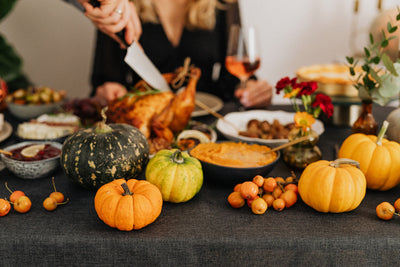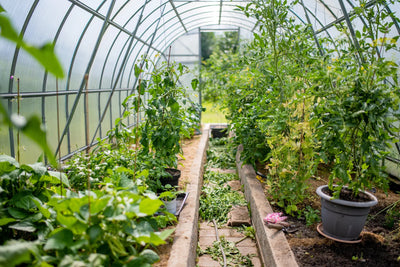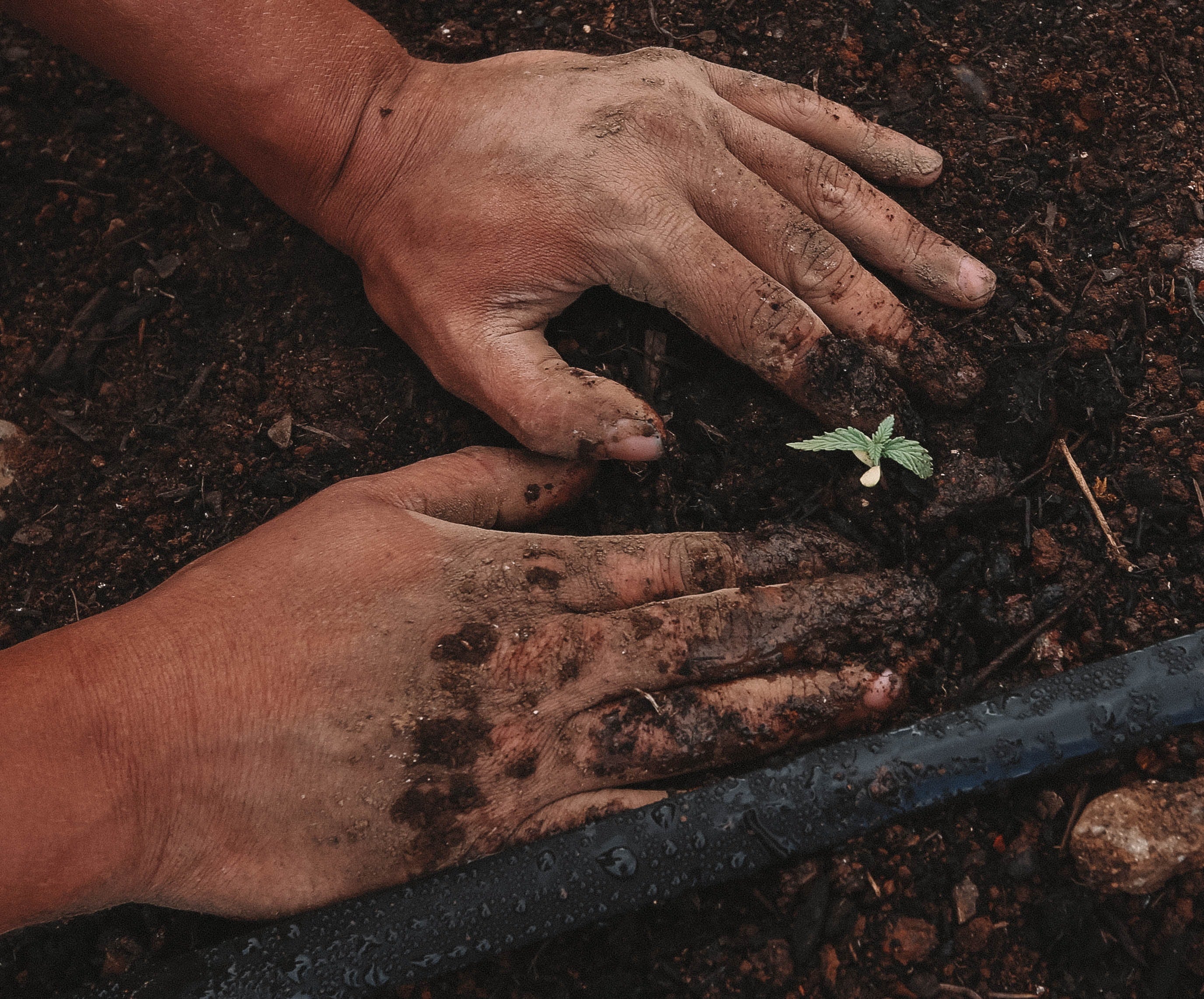Hey there, fellow garden enthusiasts! Are you dreaming of a vibrant, blooming garden that's buzzing with life? Well, you're in the right place. Today, we're diving into the wonderful world of natural pollinators and introducing you to five amazing pollinators that can turn your garden into a true paradise. Let's get started!
Why Natural Pollinators Matters
Before we meet our fantastic five pollinators, let's chat about why natural pollinators is so crucial for your garden.
The Magic of Natural Pollinators
Natural pollinators are nature's way of ensuring that plants reproduce and continue to thrive. It's the process where natural pollinators like bees, butterflies, and even bats transfer pollen from one flower to another, leading to the production of fruits, vegetables, and seeds. Without it, our gardens—and our food supply—would be in big trouble.
Benefits of Encouraging Natural Pollinators
- Increased Crop Yields: More pollination means more fruits and veggies for you to enjoy.
- Biodiversity Boost: A variety of pollinators supports a healthy ecosystem.
- Natural Pest Control: Some pollinators also help keep pesky insects at bay.
- Environmental Health: Supports overall environmental balance and reduces the need for chemical interventions.
Meet the Fantastic Five Natural Pollinators
Now, let's introduce the stars of the show—five natural pollinators that will make your garden flourish.
1. Bees: The Busy Garden Helpers
Why Bees Are Essential
Bees are perhaps the most well-known natural pollinators. They're responsible for the pollination of a vast number of plant species. Their fuzzy bodies are perfect for picking up pollen and transferring it from flower to flower, making them superstars in the world of natural pollination.
How to Attract Bees
- Plant Bee-Friendly Flowers: Opt for flowers like lavender, sunflowers, and clover. Bees are attracted to bright colors and sweet scents.
- Provide a Water Source: A shallow dish with water and pebbles gives bees a place to hydrate.
- Avoid Pesticides: Chemicals can harm bees, so use natural pest control methods instead.
Bee-Friendly Tip
Consider installing a bee house to encourage solitary bees to make a home in your garden. It's a great way to support these important natural pollinators.
Hibiscus Beneficial Bug House
Welcome Beneficial Insects to Your Garden!
This beautifully crafted bug house is a must-have for gardeners who want to encourage natural pollinators like solitary bees. The natural hibiscus wood design offers a cozy spot for bees, ladybugs, and other beneficial bugs to thrive, enhancing your garden’s pollination and reducing harmful pests.
Get the Hibiscus Beneficial Bug House Here at Seed Armory

2. Butterflies: The Graceful Garden Guests
The Beauty and Benefit of Butterflies
Butterflies aren't just pretty to look at; they're hardworking natural pollinators too. Their long legs and wings pick up pollen as they flit from flower to flower, aiding in natural pollinators.
How to Attract Butterflies
- Plant Nectar-Rich Flowers: Flowers like zinnias, lantanas, and butterfly bushes are butterfly magnets.
- Provide Host Plants: These are plants where butterflies lay their eggs, like milkweed for monarchs.
- Create Sunlit Areas: Butterflies love basking in the sun, so make sure your garden has sunny spots.
Butterfly-Friendly Tip
Avoid using insecticides that can harm butterflies at all life stages—from caterpillar to adult.
3. Hummingbirds: The Tiny Flying Jewels
Hummingbirds' Role in Natural Pollinators
These energetic birds hover from flower to flower, sipping nectar and transferring pollen with their long beaks. Their preference for tubular flowers makes them unique contributors to natural pollinators.
How to Attract Hummingbirds
- Plant Tubular Flowers: Honeysuckle, trumpet vine, and salvia are some favorites.
- Install a Hummingbird Feeder: Fill it with a simple sugar-water solution (no red dye needed).
- Provide Perching Spots: Thin branches or wires are perfect for these tiny birds to rest.
Hummingbird-Friendly Tip
Keep feeders clean to prevent the growth of harmful mold or bacteria that can make hummingbirds sick.
4. Bats: The Nighttime Natural Pollinators
Bats and Their Secret Garden Work
While you're sleeping, bats are busy pollinating night-blooming flowers and controlling pests. They're especially important in tropical and desert ecosystems but can be beneficial in various garden settings.
How to Attract Bats
- Install a Bat House: This provides a safe roosting spot for bats in your garden.
- Plant Night-Blooming Flowers: Flowers like evening primrose and moonflower attract bats.
- Reduce Outdoor Lighting: Excessive lighting can deter bats from visiting your garden.
Bat-Friendly Tip
Remember, bats also help with pest control by eating insects like mosquitoes, reducing the need for chemical repellents. Bats are misunderstood animals as well, according to the U.S. Fish and Wildlife Service.
Multi-Chamber Bat House by Outer Trails™
Your Nighttime Pest Control Solution!
Transform your garden into a pest-free haven with this high-quality bat house. Designed with multiple chambers, it provides ample space for bats to roost and help with natural pollinators and natural pest control. Perfect for reducing mosquitoes and ensuring a healthier ecosystem for your plants.
Shop the Multi-Chamber Bat House Now
5. Beetles: The Unsung Heroes
Beetles' Contribution to Natural Pollinators
Beetles were among the first natural pollinators on Earth. They might not be as celebrated as bees or butterflies, but they play a vital role in natural pollinators, especially for ancient plant species.
How to Attract Beetles
- Include Fragrant Flowers: Plants like magnolias and spicebush attract beetles.
- Provide Mulch and Leaf Litter: Many beetles live in soil and plant debris, so a tidy garden might not be their favorite.
- Avoid Overuse of Pesticides: Like other natural pollinators, beetles can be harmed by chemicals.

Beetle-Friendly Tip
Embrace a bit of wildness in your garden. Letting some areas grow naturally can create a perfect habitat for beetles.
Creating a Natural Pollinator Friendly Garden
Now that we've met our pollinator pals, let's talk about making your garden irresistible to them.
Plant Diversity Is Key
A variety of plants means a variety of pollinators. Mix it up with different colors, shapes, and blooming times to attract and support as many pollinators as possible.
Provide Shelter and Resources
- Nesting Sites: Leave some bare ground for ground-nesting bees and undisturbed areas for other pollinators.
- Water Sources: Birdbaths, ponds, or shallow dishes help all wildlife, including pollinators.
- Avoid Chemicals: Opt for organic gardening methods to keep your garden safe for pollinators.
Seasonal Blooms
Ensure there's always something in bloom from early spring to late fall. This continuous food source supports pollinators throughout their active seasons.
Common Questions About Natural Pollinators
Let's tackle some FAQs to help you on your way.
Are All Insects Good for My Garden?
While not all insects are beneficial, many play crucial roles. Learning to identify friend from foe can help you manage your garden better. Remember, diversity is part of a healthy ecosystem.
What If I'm Allergic to Bees?
Focus on attracting other pollinators like butterflies and hummingbirds. Plant bee-attracting flowers away from high-traffic areas and avoid bright colors near doorways.
The Impact of Natural Pollinators on Your Garden
By embracing natural pollination, you're not just enhancing your garden's beauty—you're contributing to a healthier environment.
Environmental Benefits
- Supports Wildlife: Provides food and habitat for various species.
- Reduces Need for Chemicals: Natural pest control reduces reliance on pesticides.
- Promotes Plant Health: Strong pollination leads to robust plants and better yields.
Personal Satisfaction
There's something truly rewarding about watching your garden thrive with the help of nature's finest. Plus, you'll enjoy the added bonus of fresh fruits, veggies, and beautiful blooms.
Your Pollinator Paradise Awaits: Embrace the Magic of Natural Pollination Today
Incorporating these five natural pollinators into your garden is easier than you might think. With a few simple changes, you can create a vibrant, lively space that's not only beautiful but also beneficial to the environment.
So, roll up your sleeves and start planting! Your garden paradise awaits. Happy gardening!











